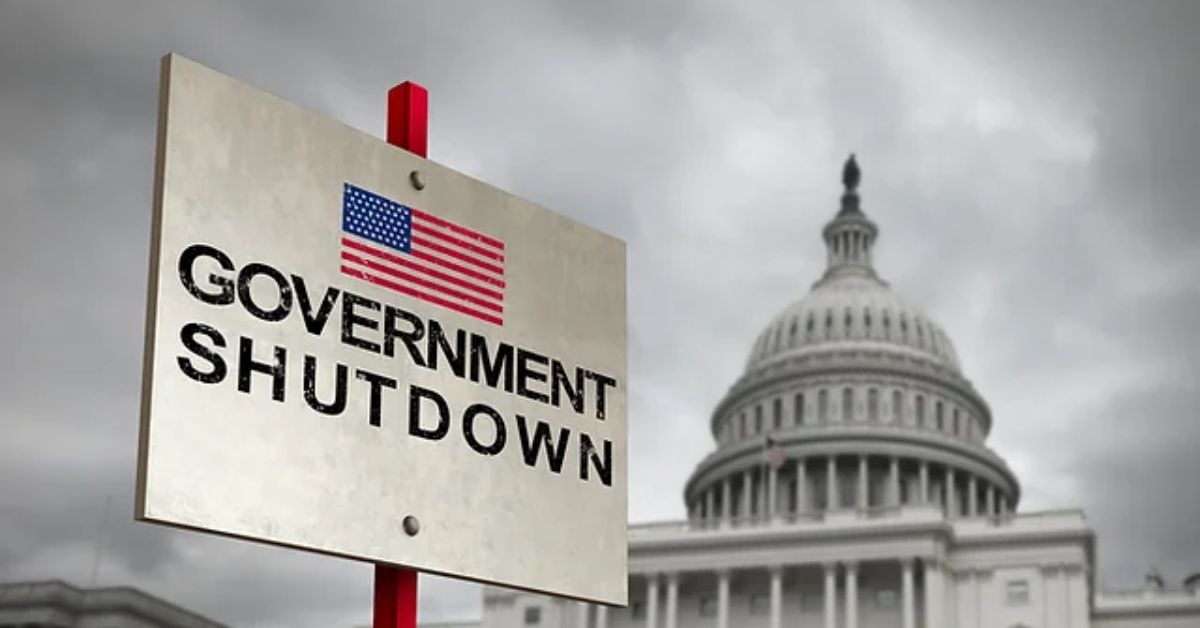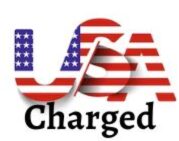Would a Government Shutdown Matter to Markets? As the possibility of a U.S. government shutdown on October 1st draws nearer, investors are left with burning questions about its potential impact on the economy and financial markets. Here, we provide insights into the top three concerns that have investors on edge.
Contents
Question 1: How Could a Government Shutdown Impact the U.S. Economy?
Amidst the looming government shutdown, concerns about its impact on the economy are paramount. However, historical analysis suggests that any losses in economic output may be relatively modest. During the most recent shutdown in 2018-2019, despite an estimated 800,000 federal workers going without pay for over a month, GDP fell by just $3 billion, equivalent to a mere 0.014% of the 2018 GDP, according to the Congressional Budget Office. Looking back at the 20 government shutdowns that have occurred since 1976, it’s apparent that they have had limited impact, with real GDP continuing to grow at an average rate of 2.2% during these periods.

Investors may worry about financial and economic uncertainty, but it’s essential to recognize that government shutdowns are typically short-lived, averaging just over a week. Moreover, government agencies and staff receive back pay once a federal budget is approved, mitigating broader economic consequences.
Question 2: How Could a Government Shutdown Affect U.S. Treasury Bonds?
The prospect of a government shutdown could lead to temporary instability in bond prices, although it’s not a foregone conclusion. Historical data shows that the MOVE Index, which measures bond market volatility, exhibited mixed behavior during previous shutdowns. While it rose during the shutdowns in 1990 and 1995-1996, it declined significantly during the shutdowns in 2013 and 2018-2019.
https://twitter.com/FFT1776/status/1706245408651968851
Despite potential turbulence, U.S. Treasuries continue to be an attractive option due to their high yields. Morgan Stanley’s Global Investment Office suggests that investors concerned about shutdown risks may consider increasing their exposure to Treasury bonds. On average, during government shutdowns since 1976, the 10-year Treasury yield has fallen by 0.59%, while its price has risen. This suggests that investors often turn to the safe-haven asset during periods of uncertainty. Additionally, bondholders can still expect to receive coupon payments during shutdowns, as the government continues to honor its obligations.
Question 3: How Can Equity Investors Prepare for a Government Shutdown?
In contrast to concerns about the economy and bonds, government shutdowns have historically had minimal negative effects on the U.S. stock market. The S&P 500 Index has even gained an average of 4.4% during such events, driven by other macroeconomic factors.
Equity investors may find opportunities in the defense and healthcare sectors, both highly dependent on government contracts. These sectors are currently underperforming the S&P 500, making them potentially attractive investment choices in anticipation of a shutdown. Since 1995, during government shutdowns, the defense sector gained 5.2%, and the healthcare sector, known for its defensiveness, advanced by 2.3%, compared to the S&P 500’s 3% return.
Beyond shutdown risks, the longer-term outlook for these sectors appears positive, with government spending and incentives likely to boost them. Geopolitical tensions are expected to drive government-funded investments in defense and cybersecurity, while healthcare providers may benefit from the expansion of the Affordable Care Act and federal support for Medicare.
Investors seeking more comprehensive insights on the potential impact of government shutdowns on markets can refer to Morgan Stanley Wealth Management’s report, “US Policy Pulse: Do Government Shutdowns Matter to Markets?”
For personalized advice on positioning your portfolio amid this uncertainty, connect with your Morgan Stanley Financial Advisor to request a copy of the report and initiate a discussion on the most suitable strategies for your investment goals.
In Summary:
The looming threat of a government shutdown raises valid concerns, but historical data suggests that its economic impact may be limited. While bonds could experience temporary turbulence, U.S. Treasuries remain an attractive option. Equity investors may consider opportunities in the defense and healthcare sectors, which could potentially outperform during a shutdown and benefit from broader government spending initiatives.
Source of the information- morganstanley.com
Stay tuned to our website Usacharged for more updates.




